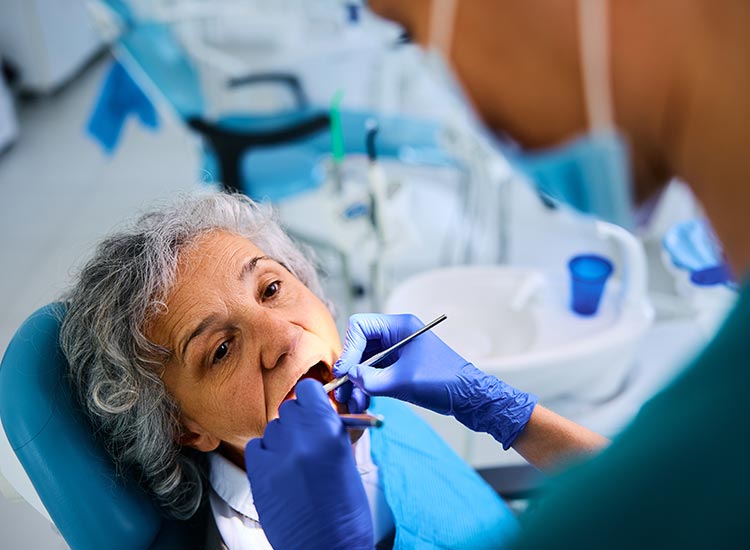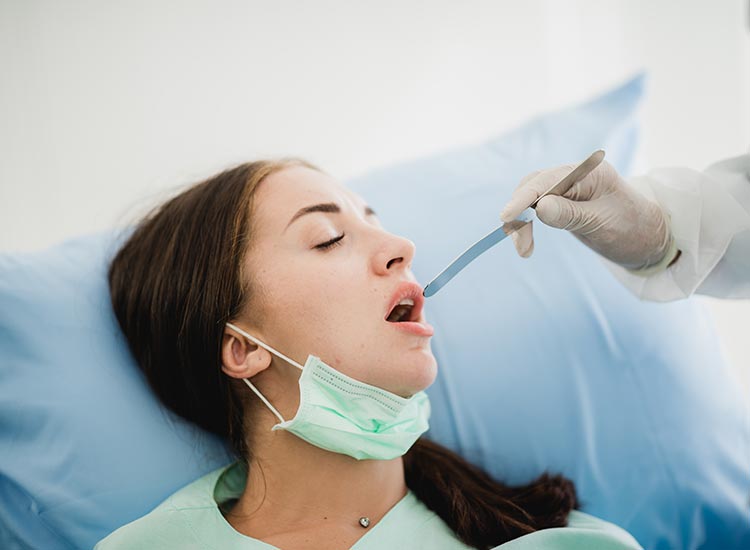What does dental sepsis feel like?
Dental sepsis typically feels like severe, throbbing pain in the mouth or jaw, accompanied by swelling, fever, and other signs of serious infection throughout the body.
Key Points to Consider:
Dental sepsis is a dangerous, advanced dental infection.
Symptoms often include intense tooth or jaw pain, facial swelling, and fever.
It can cause difficulty swallowing, breathing issues, or confusion if it spreads.
Immediate medical and dental treatment is critical.
Left untreated, it can lead to life-threatening complications like sepsis shock.

Recognizing the Symptoms of Dental Sepsis
Dental sepsis often starts as a painful tooth infection but quickly worsens as bacteria enter the bloodstream. Common symptoms include persistent, throbbing pain in the tooth, jaw, or face, noticeable facial swelling, and fever. Some people may also experience swollen lymph nodes, foul-tasting discharge from the gums, or difficulty swallowing.
When Symptoms Worsen
As the infection spreads, symptoms can become more alarming. You might feel weak, dizzy, or confused, and in severe cases, it may lead to breathing difficulties or a rapid heart rate. These are signs the infection has become systemic and requires emergency medical care to prevent life-threatening complications.
Why Early Treatment Matters
Prompt treatment of dental infections is essential to stop them from progressing to sepsis. Dentists typically manage infections with antibiotics, drainage procedures, or tooth extractions, depending on severity. Early intervention not only relieves pain but prevents the bacteria from entering the bloodstream.
Risks of Ignoring Warning Signs
Ignoring dental pain and infection increases the risk of sepsis, which can quickly affect other organs like the heart, lungs, and brain. Even mild toothaches should be evaluated, especially if paired with swelling, fever, or other systemic symptoms. Being aware of these warning signs can help protect your overall health.

If you suspect a dental infection is spreading or notice symptoms like severe pain, swelling, and fever, seek immediate medical or dental attention to avoid serious health risks.
